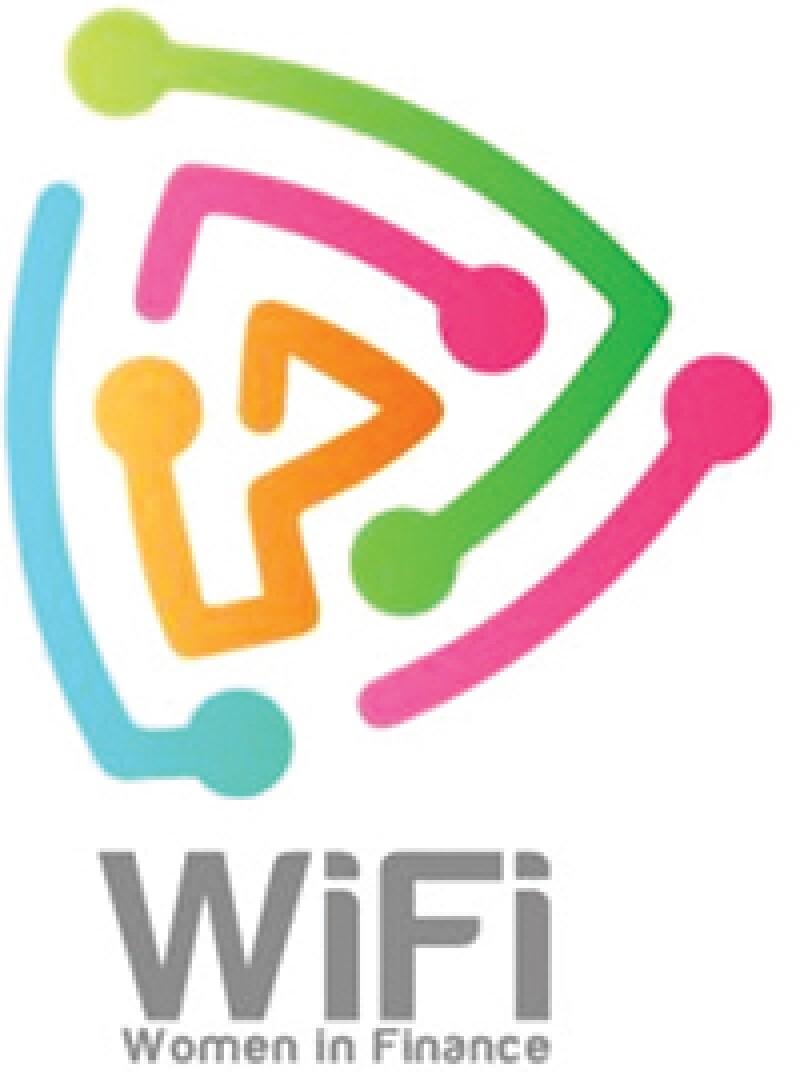In Zalando's tax function, there are nine nationalities, born in three different decades, with 14 children and a couple of cats. Around 20% of the team self-identifies as being part of a minority group. Diversity is not only important for team satisfaction, but is also crucial for great performance in the business world.
Defining diversity, inclusion and intersectionality
Diversity acknowledges that there are characteristics, objective or subjective, internal and external, which define the individuals and creates their identity.
The set of those characteristics is quite open and includes: gender, ethnicity, sexual orientation, disability, religious beliefs, cultural background, family status, age, languages spoken, etc. Each of these helps to find the common themes with the relevant group and a sense of belonging. Well-being at work is, therefore, connected with the acceptance of the individuals within the teams and the way they are.
While diversity looks at individuals, inclusion refers to all those actions that ensure people feel welcome, valued and that their views and perspectives are respected. Furthermore, intersectionality makes the efforts of understanding diversity and inclusion even harder. The interconnected individual characteristics can overlap and create multi-layered forms of discrimination. One of the examples is the amplified effect of gender pay gap combined with the racial inequality.
Realising the power and potential of a changing workforce
The commercial advantages of ensuring a diverse team in the finance department has long been studied. In particular, gender diversity has been proven to provide new capabilities to existing teams.
However, that though is just one side of the coin; there are significant further advantages from diverse recruitment. For example, in the demanding tax professionals market, where the available candidates do not meet the growing needs of the tax departments, it has become clear that organisations will have to open the search to encompass a wider variety of professionals, outside the traditional set of skills required in the past.
Rather than looking for traditionally educated national tax analysts, with local tax certificates and local language skills, the decision-makers now turn to multi-tasking specialists, able to adapt to constantly changing tax regulations and often having close affinity to data analysis and automation technology.
What does it mean to be an ally?
A diverse and inclusive working environment for tax departments relies greatly on the participation of allies.
An ally is a person that actively promotes a culture of inclusion with an organisation to positively impact the diversity efforts. As an ally, one can make a real difference by leading by example, for instance by using inclusive language in conversation (see Table 1).
There are many ways to support diversity efforts, such as by ensuring that the working environment in taxes is as inclusive as possible. This requires starting with the recruitment process and asking the question: are our tax job applications encouraging or rather discouraging potential applicants?
Table 1: What is inclusive language? |
|
Inclusive language is language that does not discriminate e.g. against gender identities. Language is an important part of building an environment where everybody feels welcomed. |
|
Instead of... |
Try out… |
man |
person (for individual) humanity (for mankind) staff, work force (for manpower) an English person (for Englishman) |
he pronouns and possessives: he/his she/her |
they/their/one E.g. “candidates should send their CVs” “One can apply for the position via the website form” |
officer, spokesman |
representative for |
sister/brother |
sibling |
policeman |
police officer |
guys |
folks, people, all, team |
girl/girls |
woman/women |
females/males |
use women or men consider whether you even need to individually mention binary gender identities when you could instead use people. |
boyfriend/girlfriend or husband/wife |
partner |
handicap or special needs |
[People/person/employees] with disabilities / impairments |
One of the often-cited quotes from a Hewlett Packard's internal report shows that while men will apply for jobs even when they meet roughly 60% of the criteria, women rather not apply if they do not meet 100%. Therefore, the job adverts should precisely differentiate between 'must-haves' and 'nice-to-haves'. As such, the recruiting manager should determine whether a tax certificate is 'a must have' or rather an additional asset. It is also possible to encourage applicants to apply even if they do not necessarily meet 100% of the requirements.
In today's changing tax environment, recruitment teams must also put a significant amount of effort into making sure they do not deter applicants who have the skills required for the future of tax departments. For example, a potential employee's skills that can help with the tax implications of implementing S4 Hana, or their experience in robotic process automation for taxes would be very useful. However, some applicants possessing such skills are unlikely to apply because they do not have, for example, the formal local tax or language qualification.
It is also advisable to make sure that the job not only contains what is required, but also what an individual can expect in exchange. That includes an inclusive culture that offers help with international relocations, home-office possibilities, additional days off for childcare, parental support outside work, parent-kids rooms in the office, flexible working hours, employee resource groups or anything else that makes it clear that the job supports the individual.
In the tax world, specific perks include also the possibility to participate in tax conferences, subvention for getting a tax advisor certificate, being an active member of different communities (e.g. Women in Tax, Young in Tax) and participation in lobbying activities.
Safe spaces: Employee resource groups
A safe space is a protected community that allows people to openly discuss the important topics with significantly limited risk for violence, discrimination or hateful communication. Those groups allow the employees to address the topics that are close to them by ensuring that the voices of others are being heard and considered.
One of the forms of safe spaces are employee resource groups. These are employee groups that have organised themselves and share some particular characteristics, experiences or traits, which they seek to acknowledge and endorse. Usually there are a few people within an organisation who find the idea important, start the initiative and then step-by-step seek to extend the group by inviting people who identify themselves with that idea. Those ideas may vary from gender inequalities, through promoting vegan and sustainable lifestyles to LBGTQI+ communities.

One of those groups at Zalando, which one of the authors has the pleasure to co-organise, is the Woman in Finance (WiFi) network. The goal of WiFi is to create an environment that supports women in finance (including women in tax) to excel in their careers at Zalando. It is a community of women who want to share their knowledge and experience, and especially support each other to grow within the organisation. This is achieved by various means, e.g. organising events that will help improve particular soft skills or panel discussions on successful stories. One of the very important aspects in this example was ensuring male commitment in the form of support, unconscious bias training, etc. The sponsorship of Zalando's male CFO and the tone coming from the top is very important.
There are also specific tax resource groups available for further involvement. For example, participation in a country's Women in Tax communities, as well as conferences such as ITR's annual Leading Women in Tax conference, gives a huge boost of positive energy, networking opportunities and career development perspectives.
The benefits of sponsoring in the tax environment
Sponsoring involves committing oneself for the growth of others and leveraging your own privileges to give others a chance to progress.
A difference between a mentor and sponsor is that a mentor could be anyone who can offer advice and support, whereas a sponsor is a senior level employee interested in a protégé's career success.
While mentors support mentees through discussions, for example, on building skills and confidence, sponsors actively promote using their influence and networks to enable new assignments, promotions and salary increases. A key rule for sponsoring is that actions speak louder than words.
Because the higher levels of a tax function tend to be associated with highly educated middle-class male representatives, it is very important to support diversity at this level. Usually, diversity is ensured at the entry-level grades but diminishes when people progress within the organisation.
In Zalando's tax department, women employees constitute less than 35% of the overall headcount. At the same time, they make up 50% of the leadership positions within tax, including the head of tax position. This has been possible due to the trust of the senior management in the capability of international women with small kids that was created through sponsorship.
Fostering diversity in the tax profession
Unified efforts are crucial to ensure diversity in the world of tax professionals for the future.
Since diversity starts with the language used in a job advertisement, it is worth brainstorming how to effectively include diversity and inclusion in the tax function. Visibly targeting diverse groups, for example flagging support for women, racial and ethnic minorities, LGBTQI+ candidates may be an option. Additional effort to extend the search to include a diverse pipeline of potential candidates (e.g. by using direct search methods to balance the profiles) will also lead to more diversity in the longer term.
Furthermore, when tax executives are invited to be part of a team or speak on a panel, they can try to make sure that the team or panel is diverse in terms of the perspectives that it represents. It may require the organisers to go the extra mile to find the right representatives but will definitely pay off in the level of satisfaction and engagement of participants.
Moreover, if forming an employee resource group, extra efforts can be made to include voices that might not have automatically been included.
Last, but not least, small things also matter: if there are parents in the team, it is good to make sure that meeting times or locations do not automatically exclude them from contributing.
In the end, it is all about ensuring a place where creativity and engagement flourishes, a place where everybody can be respected the way they are and together create value for the organisation.
Donata Koren heads the Zalando tax department. Andrew Daly is one of the experienced senior managers there. Both are non-native German speakers with experience working in international and diverse departments. Some content has been gathered from Zalando internal broad resources on diversity and inclusion.












